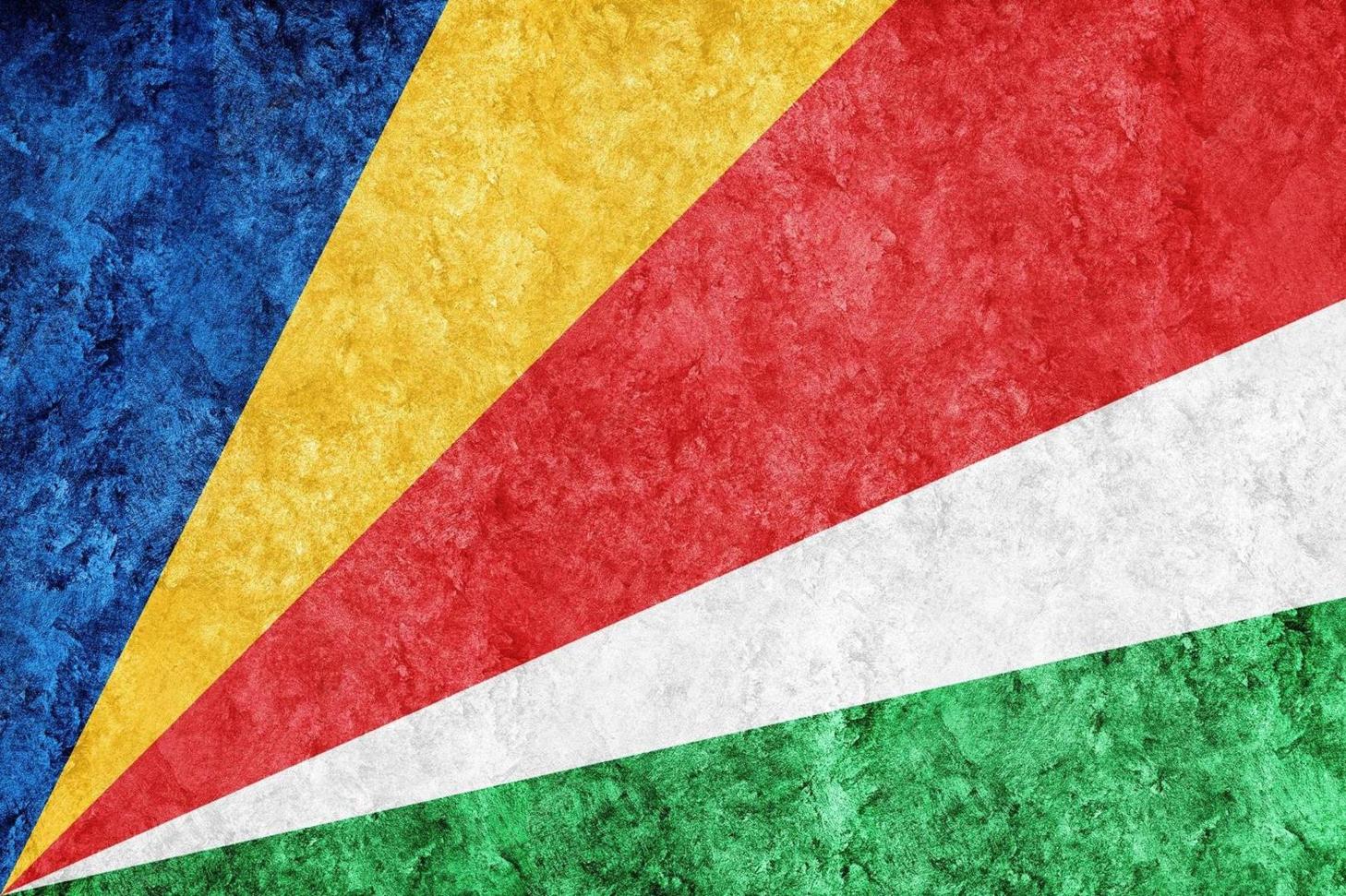If you were fortunate enough to visit your grandparents as a kid, especially within the “Market days”, then each point raised in this article will definitely land home. But if you were not? Then, you need to find out what you have missed. Thankfully, here is an insight into it.
A market day is a weekday when there is a market in a particular town. Two or more parties meet to engage in an economic transaction _even those that don’t involve legal tender. In most cases, such markets exist in rural areas. In cities, sometimes, they exist majorly on the outskirts of the city.
Here, the activities usually take place include market transactions, which may involve goods, services, information, currency, or any combination that passes from one party to another.
One recollection of this day in the past that I have is of my grandma buying me “Chips Mwitu” Chips bought by the roadside, which those days could be purchased at about Ksh 5 (0.04 USD) or perhaps “mandazi “a form of fried bread which could be bought for the same amount and was also sold by the side of the roads.
Looking back, I’m pleased my grandma took me to the market, particularly when she was selling milk and had to walk there.
Due to this, I could experience the entirety of a free market, where I saw that resources, companies, and markets are all held by private persons or entities that are free to exchange contracts with one another, just like my grandma did.
A ‘Free Market’ is a term which experts coined to refer to a certain form of economic system where supply and demand are in charge rather than government regulations. This is particularly true because it operates opposite a command economy, where prices are set and a single government agency plans output and resource use.
In that case, it has both its advantages and disadvantages.
The freedom that business owners have to develop original concepts based on customer needs is a plus. They can produce new goods and provide new services whenever they choose. As a result, businesses only sometimes rely on the government to inform them of customer demands.
As a result, the business owners conduct independent studies and spot current trends.
Furthermore, while each business strives to enhance the aspects of its products to make them better, competition may result from the creativity of many private enterprises.
In a free market economic system, consumers determine which goods are successful and which are not. When given a choice between two products, the consumer weighs the pros and disadvantages of each and selects the one they prefer, ideally going with the option that provides greater value for the money.
The price set for a product is also greatly influenced by the consumer. As a result, producers must strike a balance between charging a price that makes them money and one that the typical consumer can afford.
In addition to these advantages, a free economy has some disadvantages as well: In a free market economy, some producers are only motivated by their desire to make money.
However, even while making a profit is any company’s main objective, the needs of its employees and customers should always come first. Simply said, a business should never jeopardize the safety of its employees or disrespect ethical norms and the environment to achieve above-average profits.
An instance occurred during the early 2000s when unethical behaviour spread across businesses like WorldCom and Enron. One of the worst environmental catastrophes in the west. Accordingly, there was an incident which saw the Deepwater Horizon oil spill in 2010 and it was said that it was caused by the corporation using subpar cement and other cost-cutting techniques.
The failure of the market would still be another disadvantage. In that aspect, a free market economy occasionally has the potential to spiral out of control and have disastrous effects. Case in the study: The 1930s Great Depression and the 2008 real estate market meltdown are two prime examples of markets failing. Failures in the market can have disastrous consequences like unemployment, homelessness, and lost money.
For instance, if my grandmother and I ever experienced a market failure, it would mean that we would be without a place to sell our milk, which would result in a loss of income and prevent my grandmother from being able to buy me Chips Mwitu or Manadazi, an east African meal.


